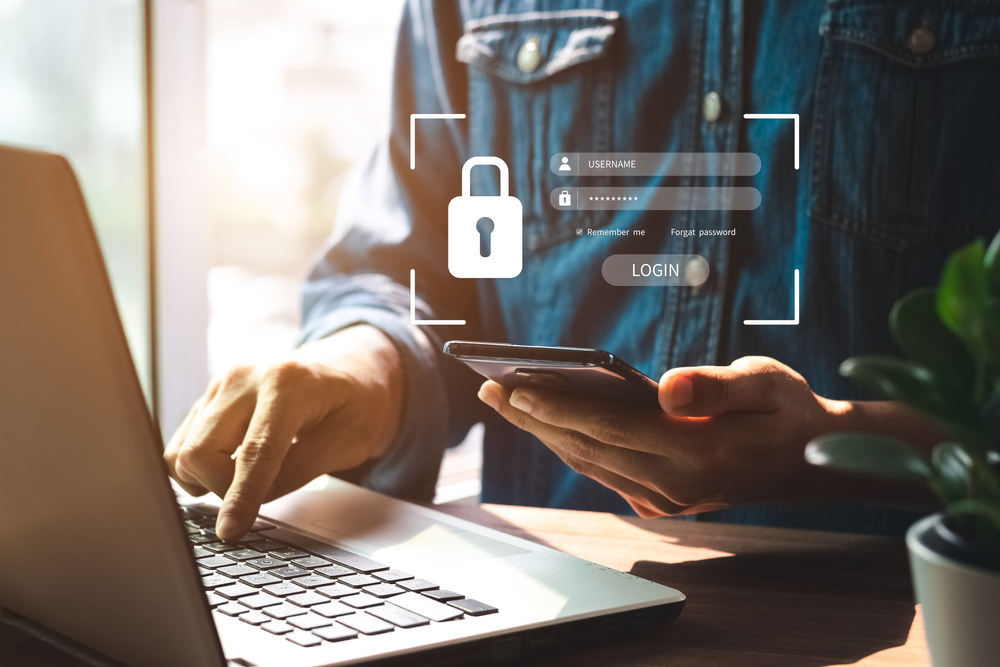With digital fraud on the rise, it’s increasingly important to safeguard your personal and financial information online. We offer practical tips.
26 December 2023 · Marlize De Villiers

We increasingly live our lives online. It’s convenient – but sharing personal information on a web-based platform involves risk.
We consider various cybersecurity threats, and share experts’ tips for safeguarding against them.
Tip: Check your accounts for fraudulent activity – register to view your credit score.
Phishing is one of the most common types of digital attack. It involves a malicious person posing as someone else – for example, an employee of a business – to obtain your information, says Sam Mkhize, head of compliance for cryptocurrency exchange Binance Africa.
These malicious individuals, also known as bad actors or engineers, psychologically manipulate their targets to extract sensitive data, notes Vanessa Gous, CEO of liability insurance provider Alphabelle.
She explains, “Cybercriminals often use sophisticated phishing emails, disguised to look trustworthy, to trick individuals.”
They direct their victims to websites under their control, and from there they intercept their user credentials, or deliver malware to their digital devices.
Gous notes that identity theft can lead to financial loss, credit score damage, and legal issues.
“Stolen personal information can be exploited through unauthorised financial transactions, the opening of credit lines, or online fraud,” she cautions.
Mkhize warns that while cryptocurrency comes with sound security, it also involves high risk. “With access to a victim’s account, a scammer could potentially empty the entire crypto balance into their wallet before the victim regains access.”
If you have a cryptocurrency account, check the list of devices authorised to access your account, manage the wallet withdrawal addresses, and follow your service provider’s specific security guidelines, he advises.
“Stay informed about the latest security trends and report any suspicious activity immediately to enhance the platform’s ability to protect your account,” Mkhize adds.
Websites often request that users accept cookies, and most users proceed without a second thought.
“Cookies are vital for internet functionality. They save your sessions and preserve shopping carts on e-commerce sites. Some websites won’t grant access without cookie acceptance,” Mkhize explains.
However, by accepting cookies, you consent to the website, or a third-party advertiser, collecting and storing your information.
He suggests taking the following steps to prevent session- or cookie-hijacking attacks, where a hacker steals a user’s cookies to gain access to their digital accounts:
Gous and Mkhize provide the following guidelines:
Tip: Using a budget calculator can help you take control of your finances.
Free tool

info@justmoney.co.za
4th Floor, Mutual Park, Jan Smuts Drive,
Pinelands, Cape Town, 7405
© Copyright 2009 - 2025 · Powered by NCRCB29
Terms & Conditions
·
Privacy Policy
·
PAIA Manual
View your total debt balance and accounts, get a free debt assessment, apply for a personal loan, and receive unlimited access to a coach – all for FREE with JustMoney.